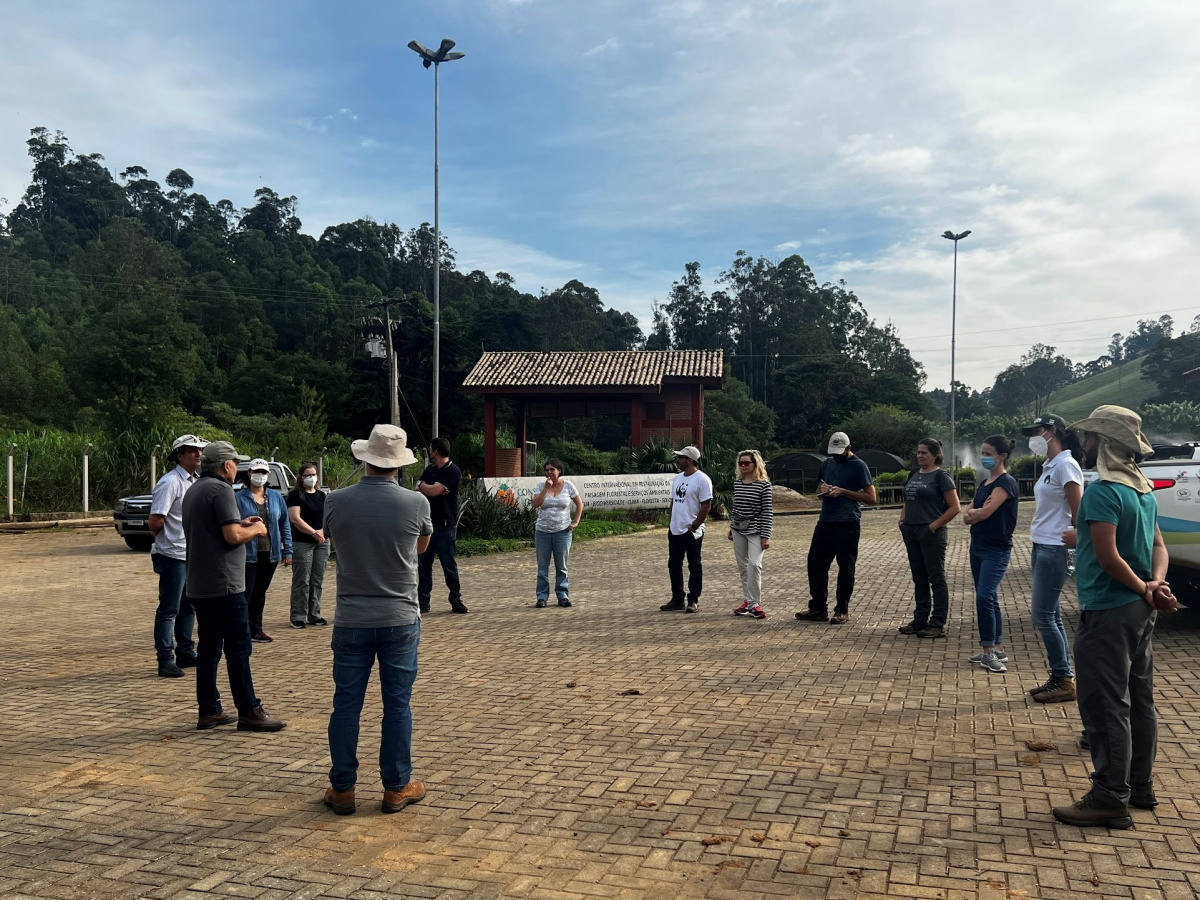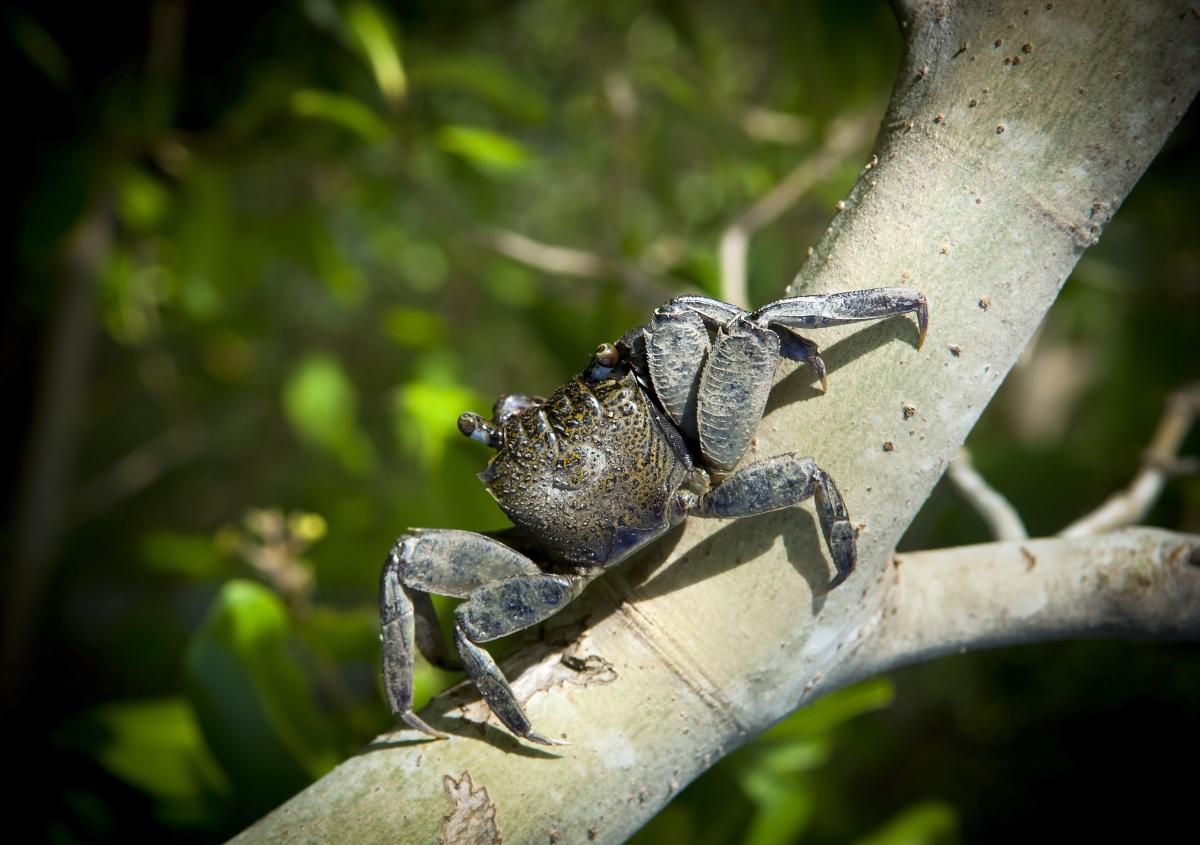Green Fins: Improving sustainability in the marine tourism sector
Originally established in Thailand in 2004, the Green Fins approach, a tool for supporting adoption and implementation of best practices in the diving and snorkeling tourism industry, is now active in six countries in Asia and is currently being expanded to other regions.
Though diving and snorkeling are activities that propel economic growth of the tourism industry, irresponsible diving can negatively impact and threaten marine and coastal environments as well as the industry’s primary asset, coral reefs. The Green Fins approach aims to promote sustainable diving practices for the protection of coral reefs and marine life.
Mangroves for the Future (MFF) has been very active in promoting the Green Fins approach, especially in Maldives and Viet Nam, where a regional project advocating for the Green Fins approach was implemented in 2014.
With the launch of the Green Fins Toolbox, developed through a public-private partnership initiative working with diving and snorkeling business, communities and governments in Southeast and South Asia, theGreen Fins approach has become more accessible to stakeholders in the tourism industry. The toolbox was launched at Asia’s oldest and largest dive expo, Asia Dive Expo (ADEX), in Singapore by Green Fins initiative partners the United Nations Environment Programme (UNEP) and Reef-World Foundation.
"Green Fins provides guidance based on solid coral reef and diving industry know-how," said Isabelle Louis, acting UNEP Regional Director and Representative. "It helps small and medium-sized businesses show conservation leadership and turn environmental risks into opportunity, ensuring a sustainable industry that protects marine ecosystems, creates long-term livelihoods, and contributes to the implementation of the 2030 Sustainable Development Agenda.”
The toolbox consists of three operational handbooks that support Green Fins introduction and implementation at three levels of operation:
- The Dive and Snorkel Center handbook provides solutions to environmental challenges that dive and snorkel centers may face;
- The Site Level handbook provides individuals, institutions, and organisations with detailed instructions on introducing and implementing the Green Fins approach to managing environmental impact associated with diving and snorkelling activities at a specific tourist destination;
- And the National Level handbook provides relevant national authorities and agencies with the recommendations and tools they need for long-term implementation of the Green Fins approach.
Designed for the marine tourism industry, as well as local and national marine resource managers, the toolbox also includes a two-minute video on sustainable diving titled "Green Fins for a Blue Planet”, produced by UNEP in partnership with syndicated cartoonist Jim Toomey.
"The public is embracing dive tourism in a big way, and that's great," said Mr. Toomey. "However, now that we are taking to the water in such big numbers, there needs to be a set of guidelines that we can teach and follow as a dive community if we're going to protect our delicate coral reefs for future generations."
"Green Fins is a catalyst for change," said Chloe Harvey, Reef-World Programmes Manager. "It brings people from different sectors together, empowering them with tools and knowledge to take collective action and make lasting changes to the way they conduct business."
Mangroves for the Future (MFF) is a unique partner-led initiative to promote investment in coastal ecosystem conservation for sustainable development. Co-chaired by IUCN and UNDP, MFF provides a platform for collaboration among the many different agencies, sectors and countries which are addressing challenges to coastal ecosystem and livelihood issues to work towards a common goal across the region.



